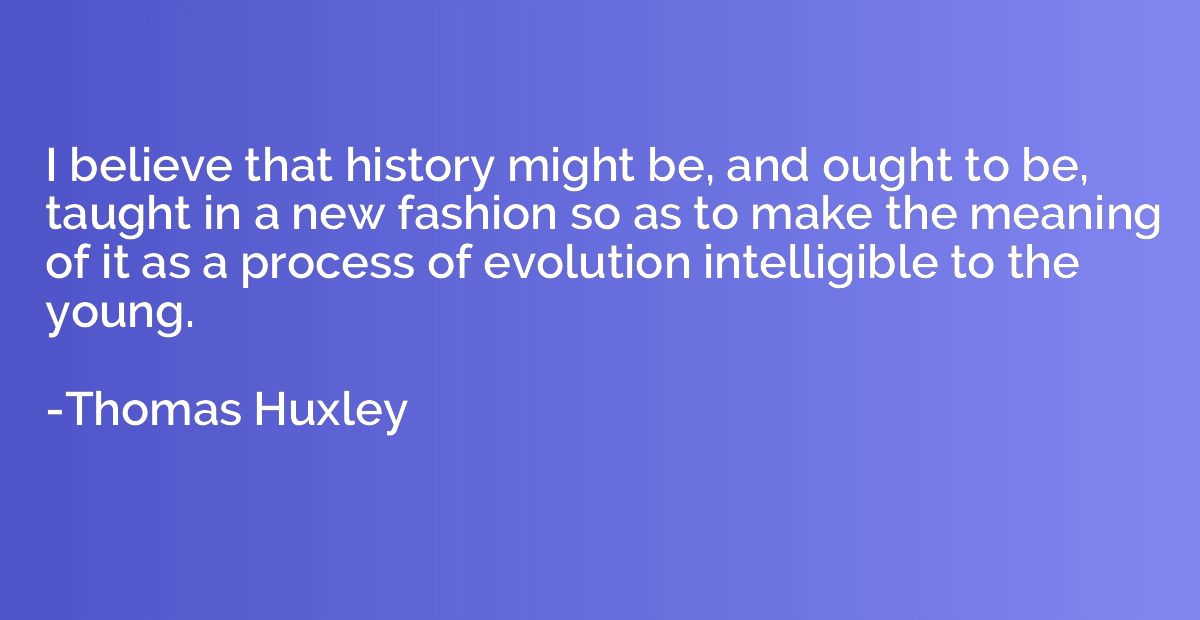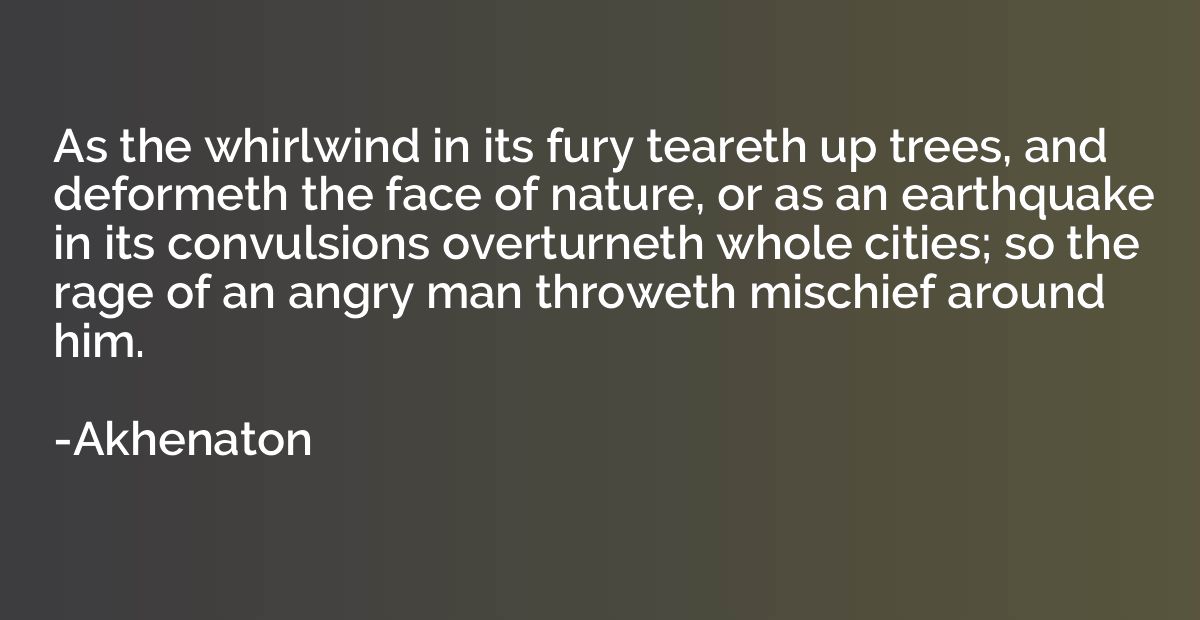Summary
This quote implies that nature, in its natural state, is rarely at fault or mistaken in its ways. On the other hand, human customs and traditions, which are man-made constructs, are often flawed or misguided. It suggests that while nature operates instinctively and in harmony with the world, societal norms and habits can lead to errors or misjudgments. Therefore, the quote implies that we should be more inclined to trust and follow the wisdom of nature rather than blindly adhering to customs that may be flawed.















